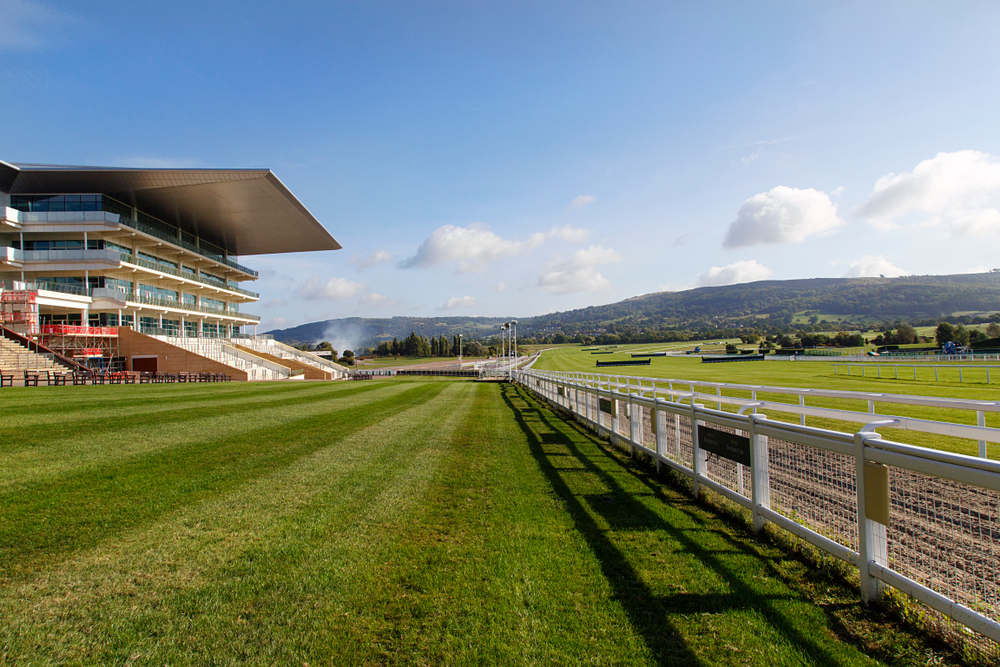The 2020 Cheltenham Festival, held in early March, is facing political and media backlash with its organisers opting to host the event despite COVID-19 cases beginning to appear across the country.
During the government’s Monday UK coronavirus briefing deputy chief medical advisor Angela McLean issued that an inquiry should be made over the ‘epidemiological consequences’ UK sports has created by maintaining early March schedules.
The Cheltenham Festival (10-13 March) was the highest-profile UK sporting event taking place during a period in which the UK government pursued a ‘containment phase’ approach in subduing the Coronavirus spread.
By the Festival’s start date, UK public health networks had recorded below 400 cases, and five deaths related to the virus.
Moreover, on Wednesday 11 March, Anfield hosted a Champions League tie between Liverpool and Atlético Madrid featuring fans from both representing countries.
During the nation’s ‘containment phase,’ the government made no curbs on public mass gatherings, choosing instead to pursue a strategy of ‘tracking coronavirus cases’ across the UK.
Early March’s sports schedule was therefore maintained, which saw a full roster of football matchday’s take place alongside Six Nations Rugby matches at Twickenham and Murrayfield, days prior to the start of Cheltenham 2020.
Cheltenham organisers defended their decision to maintain the event, stating that the Festival had followed government advice and further public health precautions.
Appearing on ITV’s Good Morning Britain, Culture Secretary Oliver Dowden stood by the government’s decision to allow Cheltenham 2020 to continue.
Dowden stated: “The scientific evidence we were being given was that, at a mass gathering, the threat at a mass gathering relates to the people who immediately surround you – the people in front of you and behind you”
“The risk at mass gatherings was no greater or less than it would have been in pubs or restaurants, and the advice at that point was that we did not need to ban mass gatherings.”
This April, Nick Rust also backed Cheltenham organisers and racing stakeholders, echoing that the decision had been made in accordance with information provided by the government.
Rust emphasised: “All of the Government’s scientific advice, and indeed that of the chief medical officers within the BHA and RCA (Racecourse Association), was that based on all the advice on all the Government advice and based on where we were that Cheltenham could go ahead.
“There were massive calls to listen to Government advice, don’t move away from that Government advice, there is no reason why you should not be carrying on and you must carry on because we need to make sure Government advice is followed.”
Criticism has been directed at UK racing after the NHS Trust revealed that Gloucestershire hospitals have recorded 125 deaths, roughly double the number of casualties in nearby Bath (45) and Swindon (67).
However, Gloucestershire Council has said that it will not draw conclusions, stating that all COVID-19 variables had to be weighed-up before analysing death caused by the virus.



























